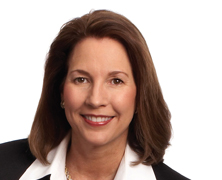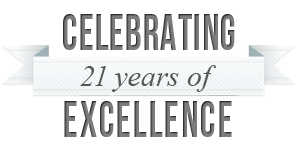When I talk to clients about how to make their organizations more successful, their challenges can seem daunting. But as we continue talking, key themes often emerge that enable us to address their concerns more easily.
Managing one’s career is very similar. So, when I mentor colleagues, as with clients, I try to simplify their decisions by reducing them to a few key themes.
First, I ask them to define their own unique view of success. It can seem overwhelming trying to reconcile professional ambition and personal goals. But both are important. I was fortunate to have a wonderful mother who also happened to be a successful businesswoman. Thanks to her example and the support I’ve received at home and from KPMG, I never doubted that I could have a family and build a rewarding career.
In mentoring discussions, I talk about adaptability. Five-year goals can help provide direction to your career, but you can’t plot every move. There have been times when my career took an unexpected turn. But my philosophy has always been to take whatever pitch comes your way and knock it out of the park. When you do your best and embrace new challenges, the opportunity to grow is great.
I also advise the people I mentor to focus on caring for their team. To succeed, you have to nail the technical skills and deliver results. But true leadership involves much more than that. At KPMG we talk about our commitment to being a great place to work and build a career. We place a lot of emphasis on mentoring, supporting, and developing people.
Finally, I encourage the people I mentor to become involved in their communities. I’ve worked for years with INROADS, which prepares talented minority youth for corporate and community leadership positions. I’m also an active alumnus of Virginia Tech. Helping to lead efforts at KPMG to provide support after the tragic campus shooting was a profoundly moving experience for me.
In fact, as my own career has moved forward, I find that giving back—to my colleagues and to my community—has become increasingly important. As I mentor people, I’m happy to help them achieve the typical markers of success: promotions, salary increases, broader responsibilities, etc. But by example, I try to model what to me is the true measure of success: the ability to “lift others as you rise.”








2 Comments on "Lynne Doughtie"